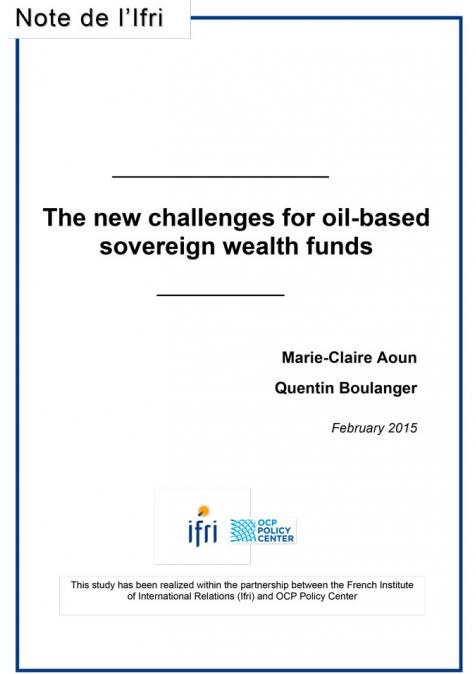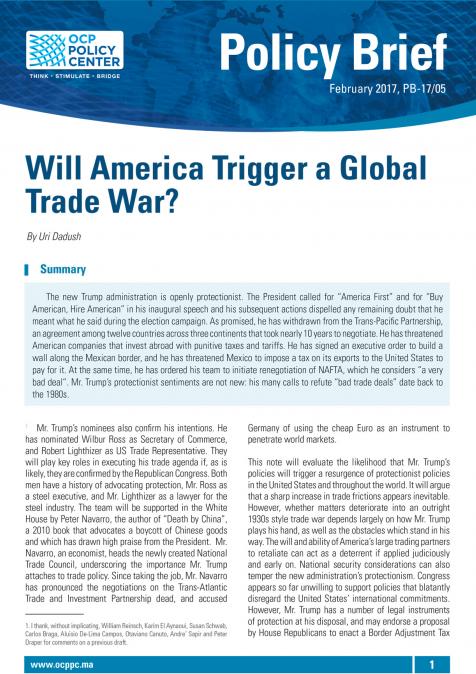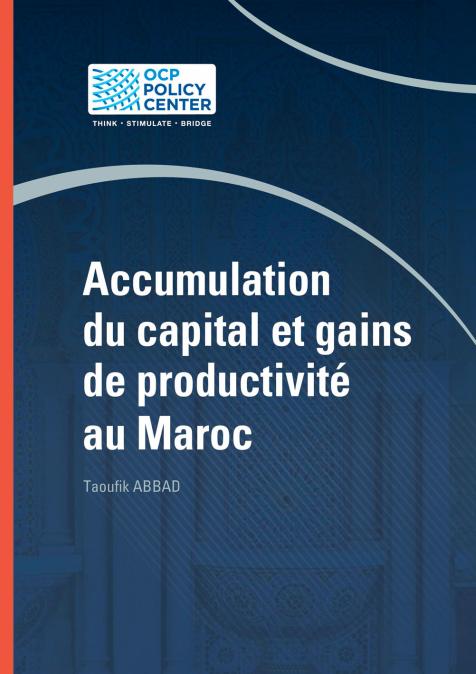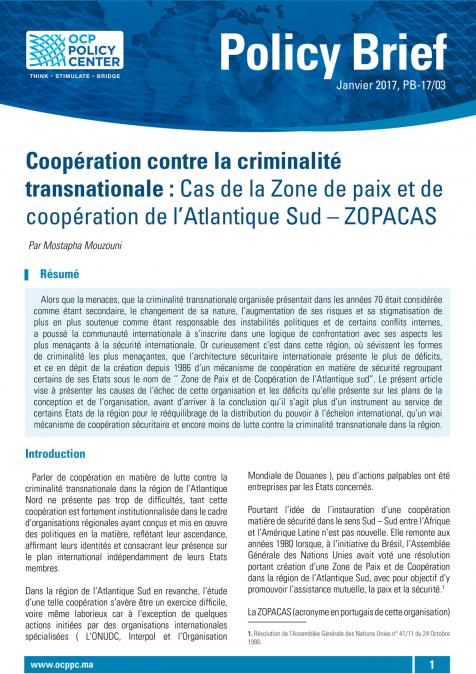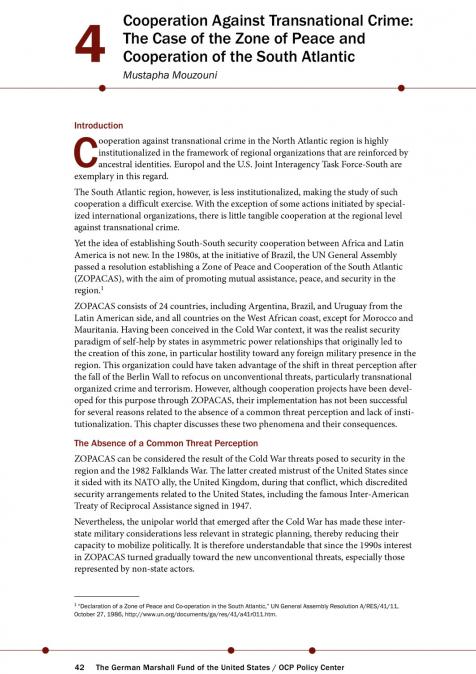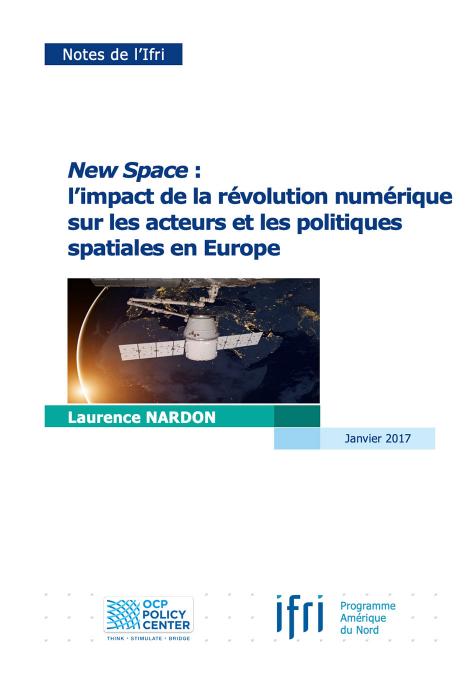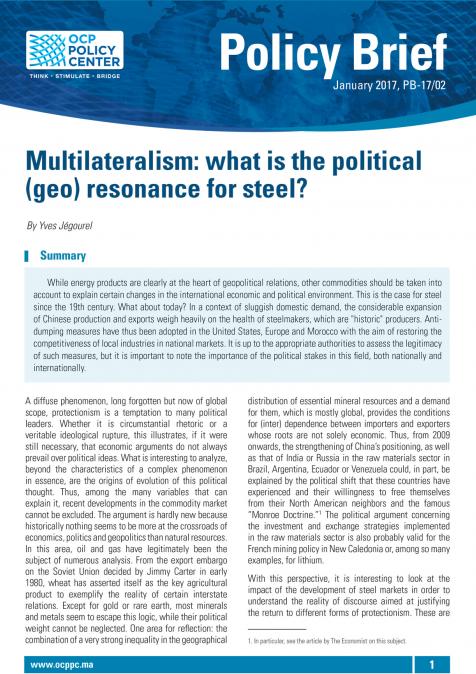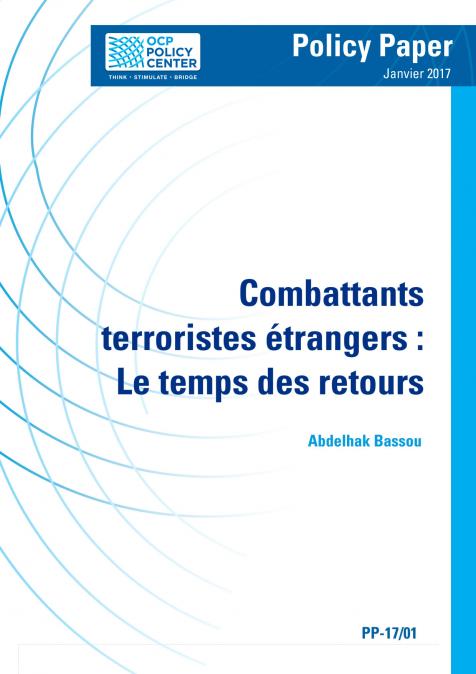Publications /
Policy Paper
Sovereign wealth funds (SWFs) are often presented as an effective instrument for managing hydrocarbon rents, reducing the impact of the volatility of oil or gas revenues on the economy, separating expenditure from income, and promoting a more transparent management of the rent. The asset allocation strategy has become more complex with the rapid rise in oil prices between 2007 and 2014, and the substantial financial reserves accumulated in hydrocarbon-producing countries, switching from an approach of wealth management to an approach of investment and financial optimisation. Hence, these funds have become major players on the international financial and industrial scene. Moreover, with the discovery of new hydrocarbon resources in recent years, particularly in Africa, the strategies of new funds appear to be moving towards a new goal of local economic development. But the unforeseen collapse of crude oil prices in recent months poses a new risk for some SWFs based on hydrocarbon revenues, which has to come to the aid of their economies and focus on their main principle of macroeconomic stabilisation.

